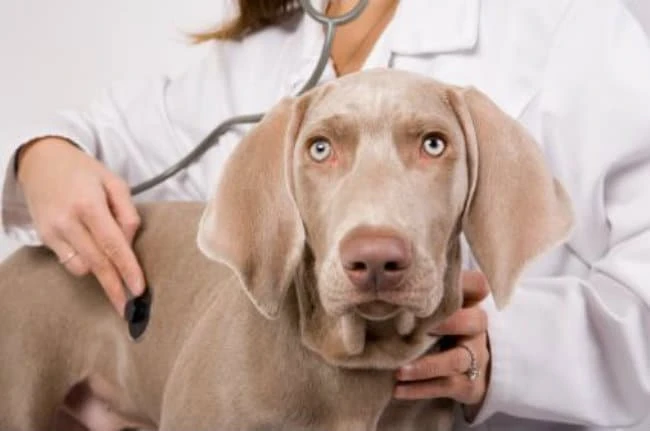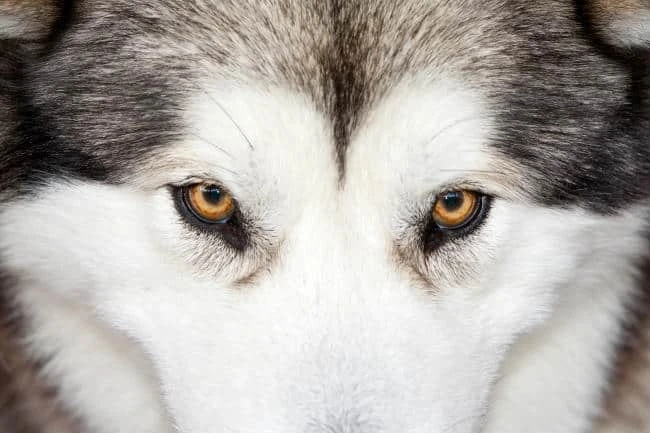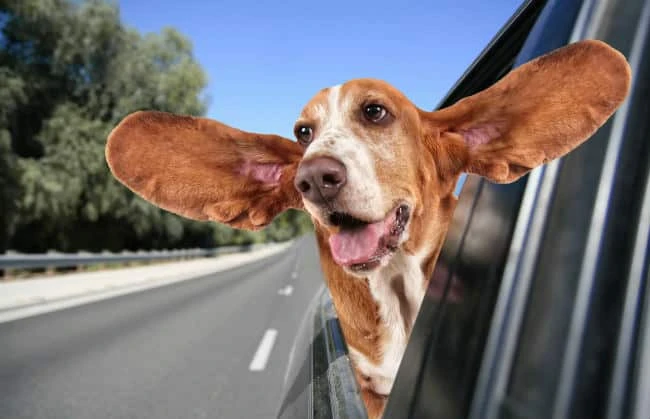Kidney Stones in Dogs, Home Remedy, Types of Symptoms

Kidney stones in dogs can be a painful condition especially if the stone has become so large that it ends up passing through the system and out through the urine.
On this page we have provided a guide for you and your canine so you know the types of symptoms and its cause.
Read on to discover how to prevent kidney stones from forming, their treatment including alterations to the diet, conventional treatments and a home remedy that some dog owners have chosen to use, with the advice of their vet of course.
The Cause of Kidney Stones in Dogs…
Kidney stones in dogs occurs when crystals start to form in the urinary tract and kidneys. If you have ever been unlucky enough to have kidney stones yourself you will understand quite how painful they are – and it is exactly the same for your dog.
The small crystal like stone will will start to get bigger over time as more and more minerals passing through your dog’s body attach themselves to the crystal – this will of course make the crystal bigger and bigger.
The kidney stones make their way out of your dog’s body via the urinary system. However, if the stones have become so large that they get stuck in the urethra opening causing hydronephrosis – this condition causes a back log of urine as the urine is blocked from passing through. This will cause the kidney to swell and can cause severe damage and if not treated fast it can be fatal.
Kidney Stones in Dogs – Symptoms
The symptoms of kidney stones in dogs include…
- Depression
- Appetite loss
- Vomiting
- Your previous house trained dog may start having accidents around the House especially in strange places.
- Your dog may also find it difficult to urinate.
- You may notice blood in the urine
- Your dog may also dribble urine.
- If your dog is left untreated he may not be able to urinate at all.
How to Prevent Kidney Stones in Dogs
Advice on Diet, Exercise & Home Remedy Treatments

- Avoid feeding your dog food that is high in purines as they cause citric acid to be released into your dog’s blood stream which damages the kidneys.
- Natural dog food is the best dog food to feed your dog as processed food that is high in chemicals and artificial additives can cause kidney stones.
- Avoid feeding your dog high fat dog food.
- Avoid feeding your dog game, shell fish, red organs, mushrooms, peas, legumes, cauliflower and spinach.
- Avoid food that is high in ‘fillers’ and also high in salt.
- If your dog has developed kidney stones (ask your vet first), try changing his diet by making your own dog food recipes including recipes that have poultry, fruits, nuts, eggs, butter, milk, whole grains, cheese etc – basically food that is high in carbohydrates but lower in protein.
- Make sure that your dog has access to lots of fresh water as this will keep your dog’s urine neutral and helps to stop uric acid from building up.
- Regular exercise also helps to clear out any toxins – this extra exercise will also encourage your dog to drink more.
Treatment for this Condition
- The first step is to take your dog to the vet if you have any concerns that he is showing any symptoms of the problem.
- The vet will normally do a physical examination and will then undertake an abdominal X-Ray or ultrasound – this will help determine where the stones are, how many are present and how big they are.
- The vet may also empty your dog’s bladder if it is blocked.
- Your vet may prescribe something to help dissolve the stones – this causes a chemical reaction so that the stones break up and can then be passed through normal urination.
- It’s worth asking the vet for advice about extracorporeal shock wave lithotripsy – this procedure crushes the kidney stones enabling them to be passed in the urine.
- The vet will inevitably ask you to increase the urine intake – if however your dog has become very dehydrated the fluid may need to be given via an IV or intravenous drip.
- Infections are very common with this condition (urinary tract infection) so antibiotics may need to be prescribed by the vet.
- If the kidney stones have caused too much damage then the kidney may need to be removed.
- The best home remedy to prevent the condition is using some of the tips provided earlier, exercise, lots of fresh water, a diet low in purines, natural dog food – low in salt, dog food high in carbohydrates and lower in protein.
- Remember to take your dog for regular health check ups so that health problems can be spotted before they become too serious.





